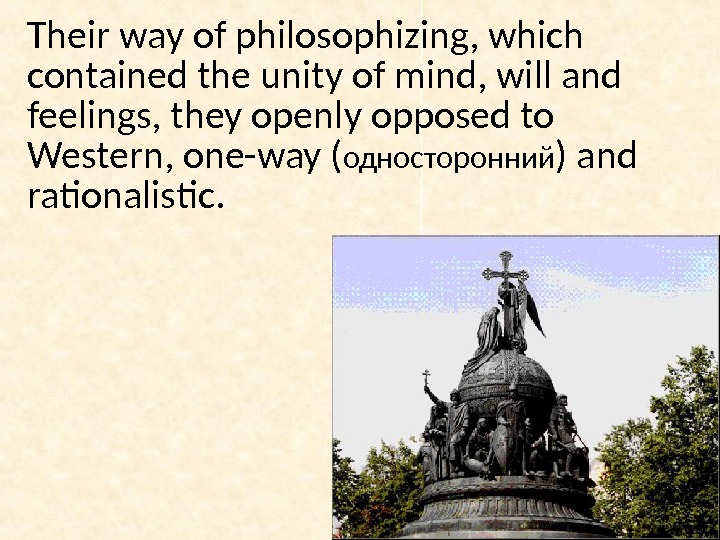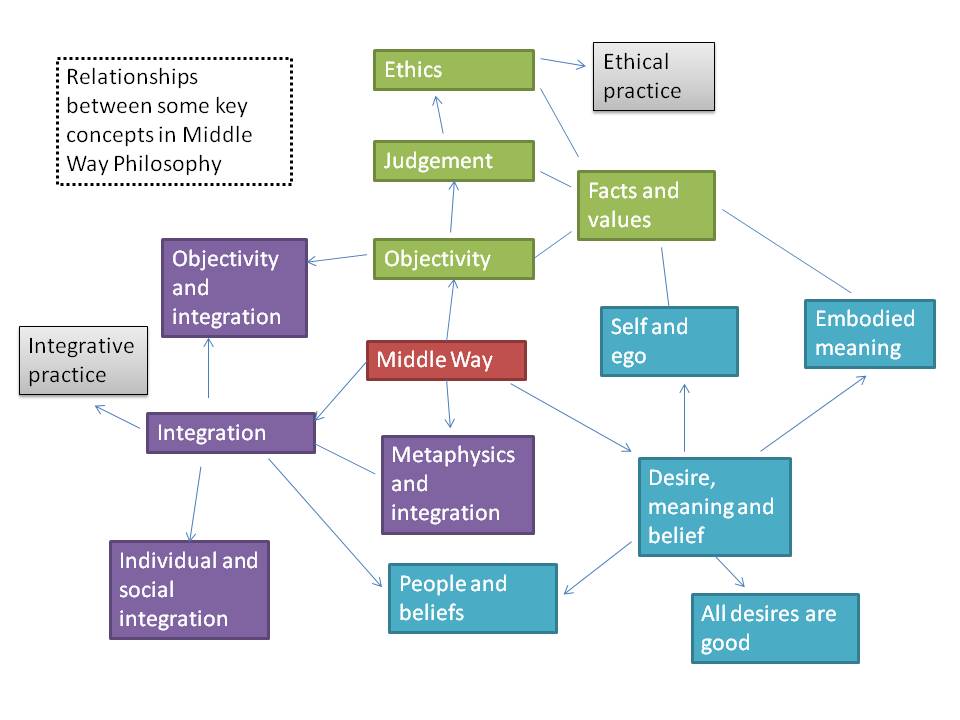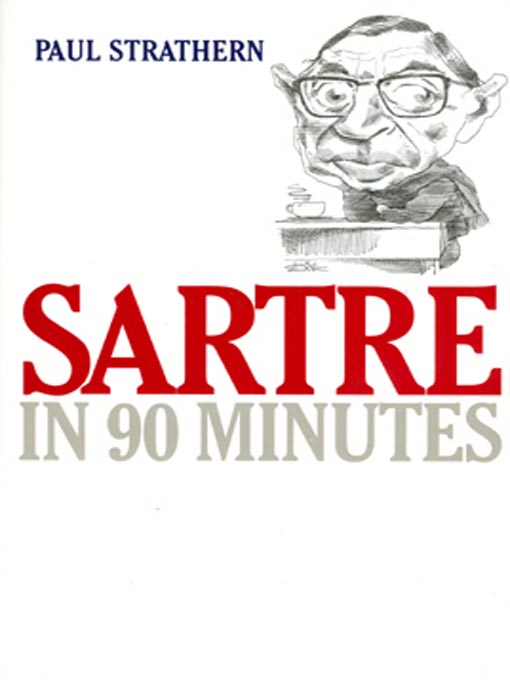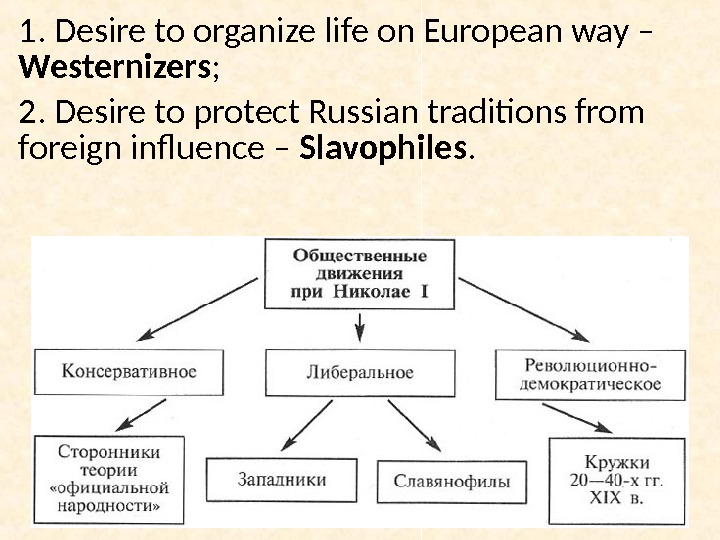New Philosophical Ideas Russian Philosophy
4. An underlying theory or set of ideas relating to a particular field of activity or to life as a whole: an original philosophy of advertising; an unusual philosophy of life.
A CONCISE FORMULATION: Two opposing tendencies are peculiar to Russian philosophy: one asserts the primacy of generalization and unification as tools for religious and historical transformation of reality and leads to ideocracy and totalitarianism; another defends the unsurpassable value of individuality and reveals the relativity and …
Philosophy (from Greek φιλοσοφία, philosophia, literally “love of wisdom”) is the study of general and fundamental problems concerning matters such as existence, knowledge, values, reason, mind, and language.
Philosophical fiction refers to the class of works of fiction which devote a significant portion of their content to the sort of questions normally addressed in discursive philosophy.



In the history of the Indian subcontinent, following the establishment of an Aryan–Vedic culture, the development of philosophical and religious thought over a period of two millennia gave rise to what came to be called the six colleges of astika, or orthodox, Indian or Hindu philosophy.

The Premier Islamic Philosophy site on the Web! Welcome to the premier Islamic philosophy resource on the Web. We are dedicated to the study of the philosophical output of the Muslim world.
Albert Camus (1913—1960) Albert Camus was a French-Algerian journalist, playwright, novelist, philosophical essayist, and Nobel laureate. Though he was neither by advanced training nor profession a philosopher, he nevertheless made important, forceful contributions to a wide range of issues in moral philosophy in his novels, reviews, …

A Dictionary of Muslim Philosophy. Introduction: This dictionary is an aid to the readers of Muslim philosophical works many of which are in Arabic.
Russian Philosophy. This article provides a historical survey of Russian philosophers and thinkers. It emphasizes Russian epistemological concerns rather than ontological and ethical concerns, hopefully without neglecting or disparaging them.





JSTOR is a digital library of academic journals, books, and primary sources.